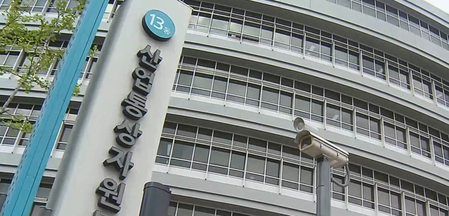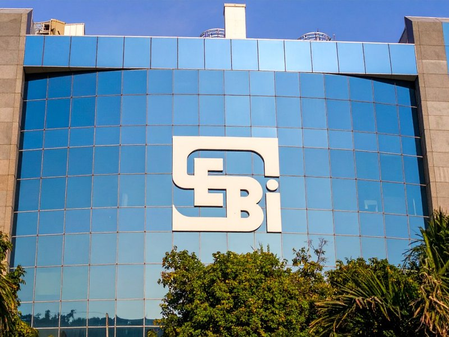
Mumbai, Sep 28 (IANS) Foreign portfolio investors (FPIs) offloaded Rs 16,422 crore worth of Indian equities last week, driven by concerns over valuations and new policy measures of US government but the sentiment is set to reverse, analysts said on Sunday.
A $100,000 fee on new H-1B visa applications and high tariffs on branded drugs have raised concerns among FPIs regarding earnings pressure in India’s IT and pharmaceutical sectors.
Benchmark indices experienced their steepest weekly decline in seven months due to sustained outflows, with Indian equities lagging behind emerging markets by nearly 26 per cent year-to-date in dollar terms.
Persistent FPI selling, global trade tensions, and sector-specific pressures weighed on sentiment, analysts said.
Dr VK Vijayakumar, Chief Investment Strategist, Geojit Financial Services, said that foreign portfolio investors have withdrawn $21 billion from India in the past year, marking the largest outflow among emerging markets during this timeframe.
“This FPI outflow also has largely contributed to the depreciation in INR of 3.5 per cent against the dollar. The elevated valuations in India vis a vis other markets and the tepid earnings growth are the principal reasons behind the FPI pull out,” he said.
In the first three months of 2025, FPIs were sellers and in the next three months they turned buyers. In July, August and September so far, they have again turned sellers.
The depreciation of Indian rupee, in contrast to the appreciation of other emerging market currencies, intensified the pressure, he added.
Record automobile bookings, reduced GST rates, and cheap credit are fuelling a recovery in the automotive and white goods sectors, the analyst said.
He said that this will lead to superior earnings growth, which the market and FPIs will begin to discount, adding that further rupee depreciation is unlikely.
“It is safe to assume we are near the trough of the FPI pullout,” said Vijayakumar, adding that earnings growth in India is expected to pick up from Q3 FY26, gathering momentum in FY27.
–IANS
aar/na




